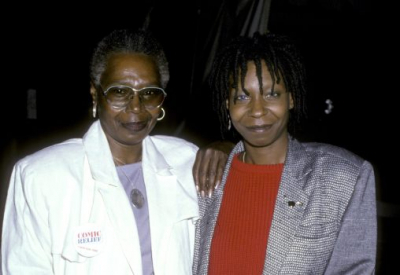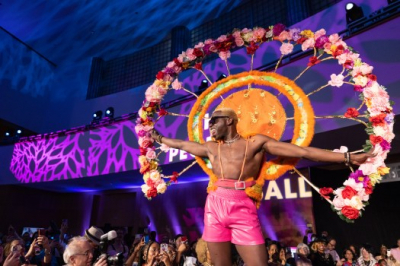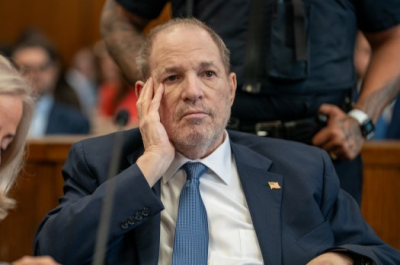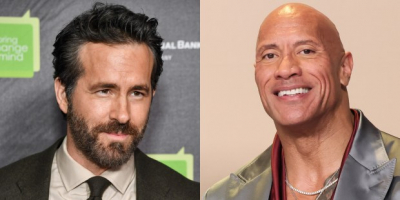Fidel Castro: Revolutionary Leader of Cuba
Early Life and Revolutionary Beginnings:
Fidel Alejandro Castro Ruz (August 13, 1926 – November 25, 2016) was a Cuban revolutionary and political leader who played a central role in the Cuban Revolution, shaping the destiny of the island nation for over five decades.
Born in Birán, Cuba, Castro came from a wealthy family but harbored strong anti-imperialist sentiments from a young age. He studied law at the University of Havana, where he became politically active. In 1953, he led a failed coup, the attack on the Moncada Barracks, which resulted in his imprisonment. Released under an amnesty in 1955, Castro went into exile in Mexico, where he formed the 26th of July Movement.
The Cuban Revolution:
In 1956, Castro, along with Ernesto "Che" Guevara and other revolutionaries, returned to Cuba on the yacht Granma. Their guerrilla campaign against the regime of Fulgencio Batista gained momentum, and on January 1, 1959, they successfully overthrew Batista, leading to Castro's rise to power.
Establishment of a Socialist State:
Once in power, Castro implemented sweeping socio-economic reforms, nationalizing industries, and redistributing land. His government aligned with the Soviet Union, adopting socialist policies that included the collectivization of agriculture and the establishment of a one-party state. The Bay of Pigs invasion in 1961 and the Cuban Missile Crisis in 1962 heightened Cold War tensions, solidifying Cuba as a focal point in global geopolitics.
Challenges and Achievements:
Castro's regime faced challenges, including criticism for suppressing political dissent, limiting freedom of the press, and human rights concerns. Despite these issues, Cuba achieved notable successes in education, healthcare, and social equality. The country boasted high literacy rates and healthcare standards compared to many other developing nations.
Legacy and Post-Revolution Period:
Fidel Castro's leadership endured until 2008 when he handed over power to his brother, Raúl Castro, due to health issues. Fidel remained an influential figure and continued to express his views on international affairs until his death in 2016.
Castro's legacy is complex and polarized. Supporters hail him as a symbol of anti-imperialism and a champion of social justice, while critics decry his authoritarian methods and human rights record. The impact of Fidel Castro on Cuba's history and global politics remains a subject of ongoing analysis and debate.
Примечание: The information provided here is based on historical knowledge up to January 2022, and there may have been additional developments since then.
Conclusion on Fidel Castro:
Fidel Castro, a towering figure in the history of Cuba and a symbol of anti-imperialism, led the nation through tumultuous times for over five decades. Born into privilege, Castro's journey from a failed coup attempt to becoming the architect of the Cuban Revolution is a testament to his tenacity and political acumen.
The Cuban Revolution of 1959 marked a turning point, catapulting Castro to power and initiating a series of socio-economic reforms. Aligning with the Soviet Union, Castro's government implemented socialist policies, transforming Cuba into a focal point of Cold War geopolitics. The Bay of Pigs invasion and the Cuban Missile Crisis heightened global tensions but solidified Castro's commitment to resisting external influences.
While Castro's regime achieved successes in education and healthcare, criticisms arose regarding political freedoms and human rights. The one-party state and suppression of dissent sparked international debates about the balance between social achievements and individual liberties.
Castro's legacy is complex and polarized. Supporters applaud his defiance against imperialism and efforts to address social inequality, while critics point to authoritarian methods and human rights concerns. His influence extended beyond Cuba, shaping global perceptions of revolutionary movements.
In 2008, Fidel Castro transferred power to his brother Raúl, yet his influence persisted until his death in 2016. The legacy of Fidel Castro remains a topic of ongoing analysis, reflecting the nuanced interplay between political ideals, governance, and the enduring impact of the Cuban Revolution on the world stage.
Fidel Castro has been referenced in numerous books, films, documentaries, and websites that explore Cuban history, the Cuban Revolution, and geopolitical dynamics during the Cold War. Some notable mentions include:
Books:
• "Fidel Castro: My Life: A Spoken Autobiography" by Ignacio Ramonet.
• "Che: A Revolutionary Life" by Jon Lee Anderson.
• "The Double Life of Fidel Castro: My 17 Years as Personal Bodyguard to El Lider Maximo" by Juan Reinaldo Sanchez.
Films and Documentaries:
• "The True Story of Che Guevara" (Documentary).
• "Fidel: The Untold Story" (Documentary).
• "Che" (Feature film directed by Steven Soderbergh).
Websites:
• Various historical and political websites discussing the Cuban Revolution and Fidel Castro's role.
• Online platforms featuring documentaries and interviews related to Cold War history.
These references provide diverse perspectives on Fidel Castro's life, the Cuban Revolution, and the broader impact of his leadership on Cuba and international relations. Keep in mind that this is not an exhaustive list, and Fidel Castro's legacy continues to be explored in various forms of media.






